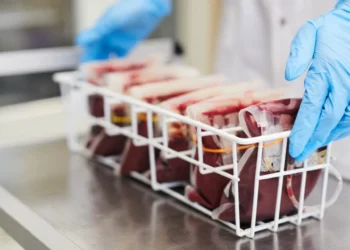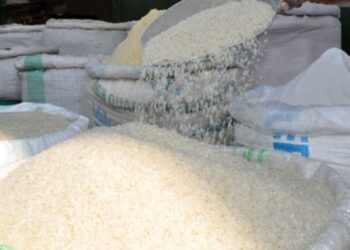A chronic disease, type 2 diabetes affects millions of people worldwide. It happens when the body develops a resistance to the hormone insulin, which controls blood sugar levels, leading to elevated levels of glucose in the blood.
In addition to age and genetics, lifestyle factors including food, exercise, and weight control also have a big impact on the development of type 2 diabetes.
Fortunately, making dietary and lifestyle adjustments can help prevent and control type 2 diabetes. This article will examine the most recent findings on type 2 diabetes management and prevention, as well as helpful advice for implementing these changes.
Prevention of Type 2 Diabetes
- Maintain a Healthy Weight: One of the biggest risk factors for type 2 diabetes is being overweight. The risk of getting type 2 diabetes can be greatly decreased by decreasing merely 5-7% of body weight, according to studies.
- Adopt a Healthy Diet: By encouraging weight loss and enhancing insulin sensitivity, a good diet can help prevent type 2 diabetes. Type 2 diabetes risk can be lowered by eating a diet high in fruits, vegetables, whole grains, lean meats, and healthy fats.
- Exercise Regularly: By increasing insulin sensitivity and encouraging weight loss, regular exercise can help prevent type 2 diabetes. At least 150 minutes per week of moderate-intensity exercise, such as brisk walking, cycling, or swimming, should be your goal.
- Avoid Sedentary Behaviors: Long periods of sitting have been related to an increased risk of type 2 diabetes, as have other sedentary activities. Try to move more throughout the day, for as by taking frequent breaks from sitting and moving around the workplace.
Chronic type 2 diabetes can have a serious negative influence on one’s health and well-being. The condition cannot be cured, but it can be managed with a combination of medicine, lifestyle adjustments, and routine blood sugar testing.
Type 2 diabetes can be prevented and managed with the help of a good diet, frequent exercise, and stress management. Working together with their healthcare practitioner to create a specialized treatment plan that addresses each patient’s unique needs is crucial for persons with type 2 diabetes.
Management of Type 2 Diabetes
Medication, lifestyle modifications, and routine blood sugar testing are all used to manage type 2 diabetes. People with type 2 diabetes can manage their illness in a number of various ways in addition to maintaining a good diet and exercise regimen.
- Monitor Blood Sugar Levels: To effectively manage type 2 diabetes, blood sugar levels must be regularly monitored. A continuous glucose monitoring system or blood glucose meter can be used for this.
- Adopt a Healthy Diet: A healthy diet is essential for managing type 2 diabetes. This includes avoiding foods that can cause blood sugar spikes, such as sugary drinks and processed carbohydrates. Instead, focus on a diet that is rich in fiber, whole grains, lean proteins, and healthy fats.
- Exercise Regularly: Since regular exercise can increase insulin sensitivity and lower blood sugar levels, it is crucial for managing type 2 diabetes. At least 150 minutes per week of moderate-intensity exercise, such as brisk walking, cycling, or swimming, should be your goal.
- Take Medications as Prescribed: For the treatment of type 2 diabetes, a variety of drugs are available, including insulin, oral drugs, and injectable drugs. It is crucial to take these drugs exactly as directed by a doctor or other healthcare provider.
- Manage Stress: Because stress can increase blood sugar levels, it’s crucial to reduce stress using methods like yoga, deep breathing, or meditation.
Dietary Recommendations for Type 2 Diabetes
- Eat a Balanced Diet: Keeping type 2 diabetes under control requires a balanced diet. A variety of foods from all food groups, such as fruits, vegetables, whole grains, lean proteins, and healthy fats, should be consumed.
- Choose Low-Glycemic Index Foods: Whole grains, fruits, and vegetables are examples of low-glycemic index diets that can help control blood sugar levels and lower the risk of complications from type 2 diabetes.
- Limit Sugar and Refined Carbohydrates: These foods can boost blood sugar levels, so it’s vital to keep them to a minimum. This includes processed carbs, sweets, and sugar-filled beverages.
- Focus on Fiber: Putting an emphasis on fiber is important for treating type 2 diabetes.


































































